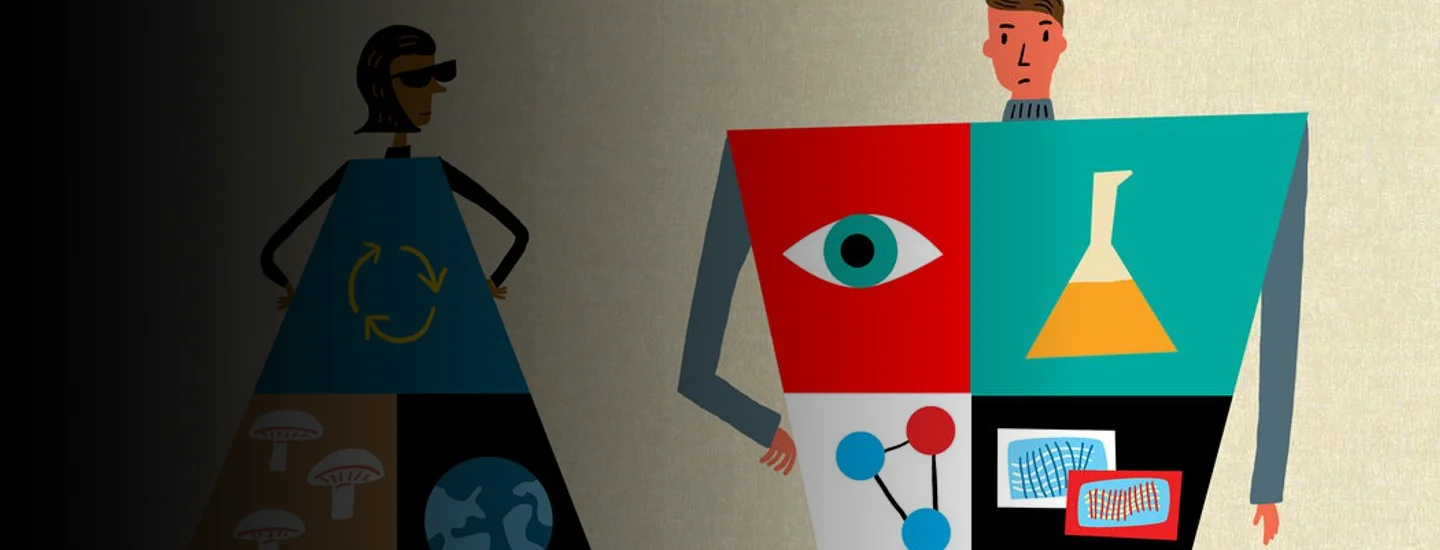In amongst the numerous challenges facing the apparel industry today the issue of sustainable fashion continues to gather pace.
In the past it was the preserve of the luxury brands. They had a consumer base willing to pay more to lessen the impact of their fashion choices on the planet and ease their consciences. Now consumer expectations around sustainable and responsible business practices extend across the fashion industry. And, it's not hard to see why.
As this article in the New York Times points out:
'According to the Ellen MacArthur Foundation, which works to foster sustainability, clothing production globally roughly doubled from 2000 to 2015. During the same period, the number of times a garment was worn declined by 36 percent. All told, “the equivalent of one garbage truck full of clothes is burned or dumped in a landfill every second,” their report found.'
Fashioning fashion from new materials is an innovation challenge for manufacturers. Establishing and maintaining an ethical supply chain is critical. Creating schemes that encourage consumers to recycle is a growing expectation among the buying public. None of these things is cheap, easy or quick. And, consumers, on the whole, are unwilling to subsidise this from their own pocket. Even more so as the economic repercussions of the pandemic continue to reverberate around the world.
Add to this the increasing emergence of sustainable brands, many of which are underpinned by a broader charitable narrative as well, and the established manufacturers are under significant stress.
Those that move fast, demonstrate a clear and authentic commitment to sustainability and establish a proposition that resonates with consumers will likely emerge the victors. Those that don't may find remaining unsustainable is, well, unsustainable.



